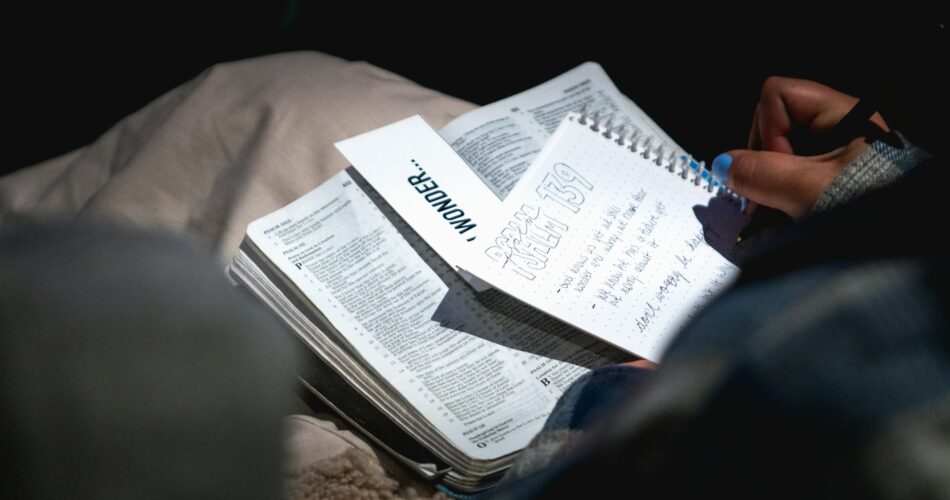Students Cleared To Share Scripture After Policy Flip
A Texas school district has reversed its earlier decision that prevented a fifth-grade student with special needs from handing out Bible verses to her classmates. The incident took place at Cedar Valley Elementary School in the Killeen Independent School District, about 50 miles north of Austin, and involved the student sharing small slips of paper with Scripture during non-classroom times such as lunch and recess.
Initially, the school allowed the girl to distribute the Bible verses, but later her teacher and principal confiscated the materials. The verses she shared included passages like Genesis 1:27, Romans 12:2, Psalm 112:7, and Revelation 12:5, reflecting her strong Christian faith. On May 12, the school principal, Phylicia Miner, reportedly reprimanded the student and took away her papers. Days later, the principal informed the student’s foster mother that the school banned the distribution of all religious materials on campus.
The American Center for Law and Justice (ACLJ) stepped in on the student’s behalf, sending a formal letter to the district. The legal group cited the U.S. Supreme Court ruling in Tinker v. Des Moines, which protects students’ rights to free speech in schools, along with rulings from the 5th U.S. Circuit Court that permit students to share religious content during non-instructional time as long as it does not cause disruption. The ACLJ warned the district of legal action and gave a deadline of May 22 to correct the situation.
On the final day of that deadline, the school district responded in writing to affirm the student’s rights. Mike Harper, general counsel for the district, confirmed he had spoken with the principal and clarified that students may share religious materials during free periods, as long as they do not interfere with academic activities. He also stated the district’s policies would be followed going forward.
Jordan Sekulow, executive director of the ACLJ, hailed the resolution as a significant win for religious freedom in public schools. He emphasized that the case affirms the right of all students to express their faith, not just the student involved in this situation.
